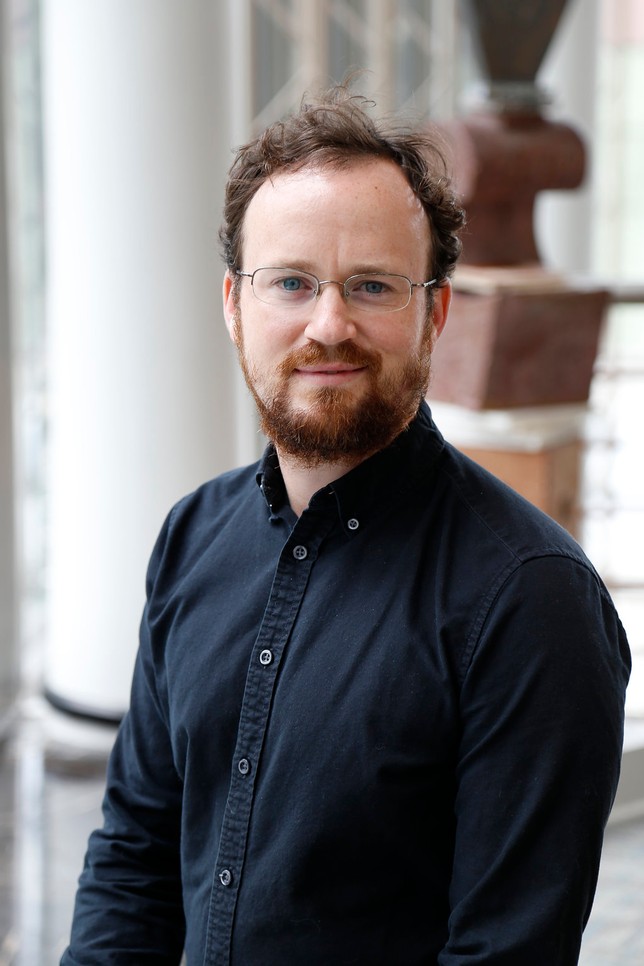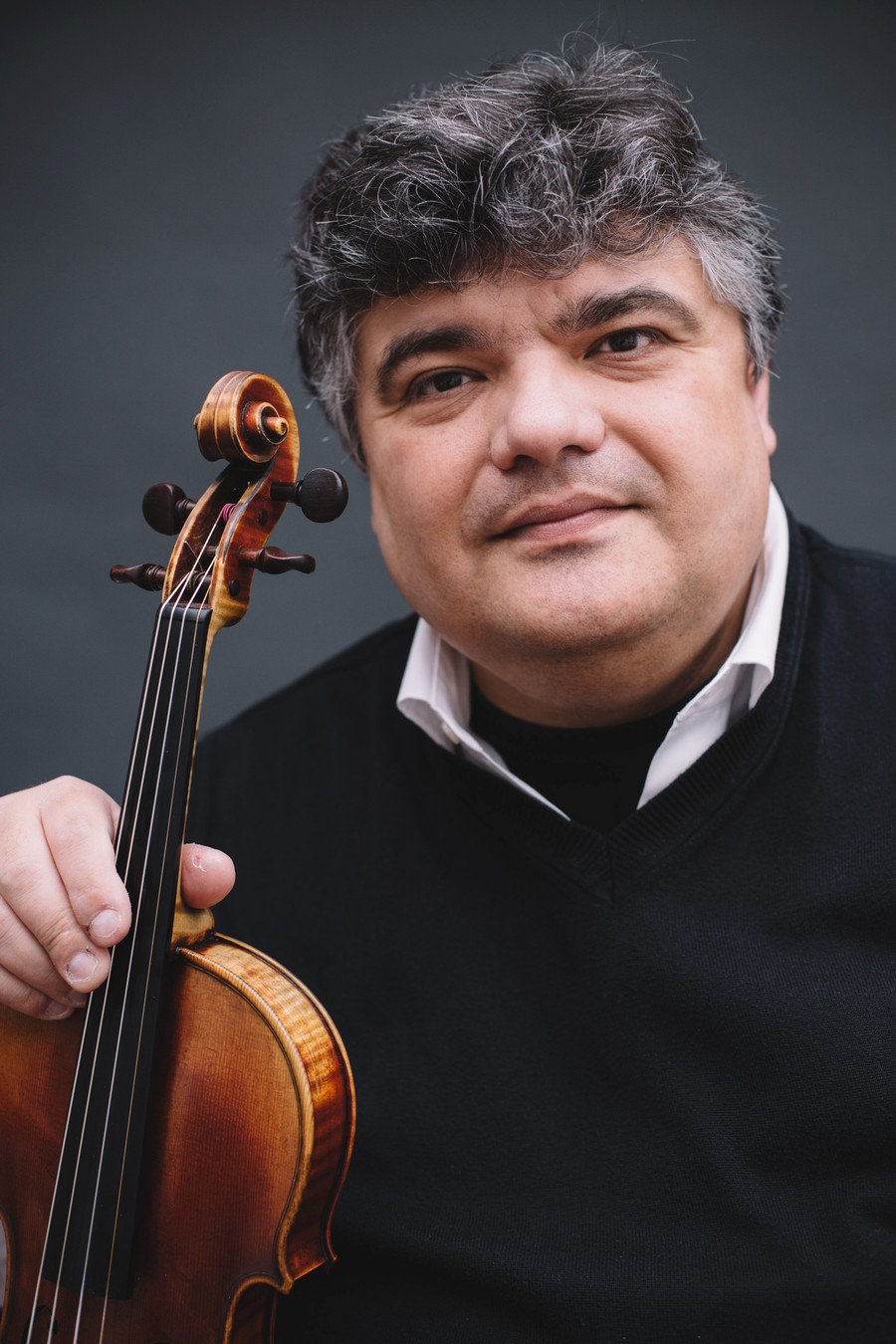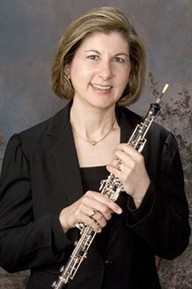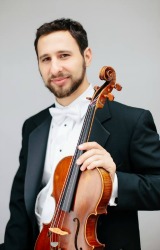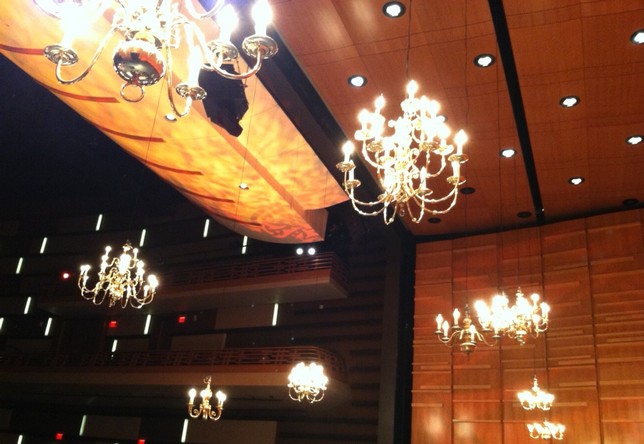Benjamin Geller, principal viola
For the first time, Benjamin Geller will be performing at Greensboro's Eastern Music Festival for six weeks, from June 27 through August 1. For more information on the Triad's annual festival, visit easternmusicfestival.org.Aubrey Foard, principal tuba
From mid-July through early August, Aubrey Foard will serve for the second year as an artist faculty member at Brevard Music Center in Brevard, NC. He then heads out west to perform as principal tubist at Britt Festival in Jacksonville, Oregon.Jon Lewis, cello
Jon Lewis will be performing principal cello for Central City Opera for 6 weeks from July 1 to August 9. Central City Opera is the fifth oldest opera company in the country, located in Central City, Colorado.Calin Lupanu, concertmaster & Monica Boboc, violin
Husband-and-wife Calin Lupanu and Monica Boboc will again join the Colorado Music Festival as violinists in the orchestra in Boulder, Colorado. Lupanu serves as concertmaster and Chamber Music Coordinator.Tim Hudson, acting second trumpet
Tim Hudson will spend part of his summer as artist/faculty for the Grand Valley International Trumpet Seminar in Michigan.Cynthia Frank, viola
For the last 25 years, Cynthia Frank has spent her summers at the Chautauqua Institution in western New York, playing with the Chautauqua Symphony Orchestra, which she refers to as her "second family." The nearly 200-year-old institution is a learning center with courses in art, music, dance, theatre, writing, and more.Learn more about Charlotte Symphony musicians and conductors.



